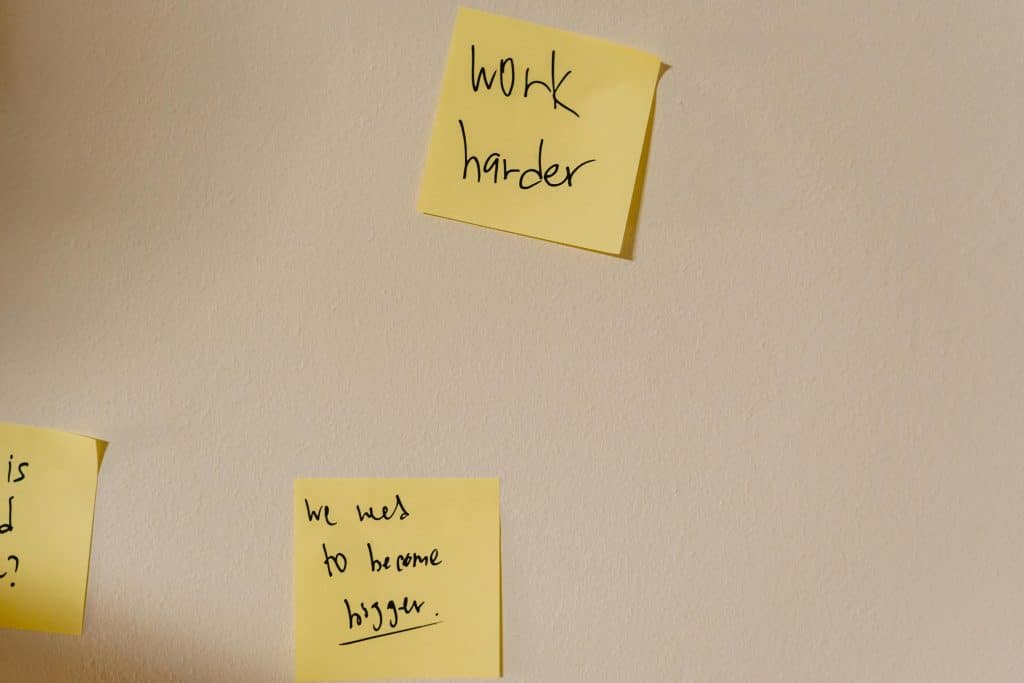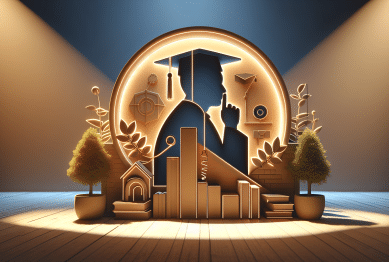As we accumulate years of experience in a field, it might seem logical that learning new skills or concepts should become easier. Surprisingly, many people find the opposite is true: learning feels harder with experience. This phenomenon puzzles professionals, educators, and lifelong learners alike. Why does the learning curve sometimes steepen after a decade or two of practice?
Understanding why learning feels harder with experience is essential in today’s fast-evolving workplaces, where continuous skill upgrades are necessary to keep pace with technology and market demands. This article explores the cognitive, psychological, and environmental reasons behind this trend. It also highlights emerging research and practical strategies to make learning more effective regardless of your level of experience.

Why Does Learning Feel Harder With Experience?
1. Cognitive Rigidity and Mental Models
With experience comes a rich repository of mental models—frameworks and patterns we use to understand the world. While these models help us solve problems quickly, they can also create cognitive rigidity. This rigidity makes it challenging to absorb new information that contradicts or expands upon established knowledge.
A 2021 study published in Psychological Science found that experts often show confirmation bias, favoring information that aligns with their existing knowledge while resisting contradictory ideas (Fernbach et al., 2021). This bias slows the integration of new concepts, making learning feel effortful.
2. Overconfidence and Fixed Mindset Traps
Years of success can lead to overconfidence, which paradoxically may reduce openness to learning. The American psychologist Carol Dweck’s work on mindsets explains how people with a fixed mindset—believing abilities are static—may resist learning new skills, especially if those skills challenge their self-image.
Experienced professionals might also fear failure or judgment when tackling unfamiliar topics, which makes the learning process more stressful and less productive.
3. The Complexity of New Knowledge
As your career progresses, new information tends to be more complex and less foundational. Unlike early learning phases where basics are clear and structured, advanced knowledge often involves ambiguous or poorly defined problems. This complexity increases cognitive load and can make learning slower and more frustrating.
4. Time Pressure and Competing Priorities
One practical reason learning feels harder with experience is time scarcity. More senior roles typically involve increased responsibilities—management, strategic planning, and mentoring—that reduce available time for learning. The cognitive fatigue from these duties also impairs focus and memory consolidation.
The Science Behind the Challenge: What Research Says
Several emerging studies help explain why learning feels harder with experience:
- Neuroplasticity declines but doesn’t disappear: Brain plasticity—the ability to form new neural connections—reduces with age but remains present (Park & Bischof, 2013). This means experienced adults can learn effectively but may require more effort and different strategies.
- Expertise-induced blindness: According to a 2017 article in Cognitive Science, experts can become blind to novel approaches because their brain filters new information through existing frameworks, limiting innovation and learning flexibility (Bilalić et al., 2017).
- Motivational factors matter: Research from the Journal of Educational Psychology (2020) emphasizes that motivation and relevance of material heavily influence learning outcomes, especially for adult learners balancing multiple roles (Schunk & DiBenedetto, 2020).
Emerging Trends Addressing Why Learning Feels Harder With Experience
1. Personalized and Adaptive Learning Technologies
AI-driven platforms like Coursera and LinkedIn Learning now tailor content to learners’ backgrounds and progress. These systems address cognitive rigidity by introducing new material in familiar contexts and pacing challenges appropriately, helping experienced learners overcome resistance.
2. Growth Mindset Training in Professional Development
Organizations increasingly integrate growth mindset principles into leadership and training programs. This approach encourages experienced professionals to view learning as an ongoing journey, reducing fear of failure and promoting curiosity.
3. Microlearning and Spaced Repetition
Rather than long, dense courses, microlearning breaks content into digestible chunks with frequent reviews. Techniques like spaced repetition leverage neuroplasticity to reinforce new knowledge gradually, which is especially helpful for experienced learners managing busy schedules.
4. Collaborative Learning and Cross-Disciplinary Teams
Exposure to diverse perspectives can challenge existing mental models. Cross-functional teams and peer learning groups stimulate curiosity and open-mindedness, creating environments where experienced individuals can update their knowledge more effectively.
Practical Strategies to Make Learning Easier With Experience
If you feel learning is harder now than it once was, you’re not alone. The following strategies can help mitigate common challenges:
1. Acknowledge and Challenge Your Mental Models
- Reflect on your assumptions regularly.
- Seek feedback from peers who think differently.
- Engage in exercises that deliberately expose you to contrasting viewpoints.
2. Cultivate a Growth Mindset
- Remind yourself that abilities develop with effort.
- Celebrate small learning wins.
- View mistakes as valuable feedback, not threats to competence.
3. Use Microlearning to Manage Cognitive Load
- Break study sessions into short, focused intervals (10-20 minutes).
- Use flashcards or apps with spaced repetition.
- Focus on one new concept at a time to avoid overwhelm.
4. Prioritize Learning Time
- Schedule consistent, protected slots for learning in your calendar.
- Minimize multitasking during these periods.
- Use tools like the Pomodoro Technique to maximize focus.
5. Engage in Social and Collaborative Learning
- Join professional groups or forums.
- Participate in workshops or peer coaching.
- Teach new concepts to others—this reinforces your own learning.
Conclusion
The fact that learning feels harder with experience isn’t a sign of decline but a natural outcome of cognitive complexity, psychological factors, and real-world constraints. By understanding these dynamics and adopting emerging approaches—from adaptive technology to mindset shifts—experienced learners can continue to grow effectively.
As industries evolve and knowledge expands rapidly, the ability to learn efficiently at any stage of your career will remain a critical skill. Recognizing why learning feels harder with experience is the first step to overcoming it.
References
- Fernbach, P. M., Rogers, T., Fox, C. R., & Sloman, S. A. (2021). Cognitive Rigidity and the Challenge of Updating Beliefs. Psychological Science. https://doi.org/10.1177/0956797620979774
- Park, D. C., & Bischof, G. N. (2013). The aging mind: Neuroplasticity in response to cognitive training. Gerontology. https://doi.org/10.1159/000351248
- Bilalić, M., McLeod, P., & Gobet, F. (2017). The mechanism of expert performance and its potential pitfalls. Cognitive Science. https://doi.org/10.1111/cogs.12425
- Schunk, D. H., & DiBenedetto, M. K. (2020). Motivation and social-cognitive theory. Journal of Educational Psychology. https://doi.org/10.1037/edu0000475









